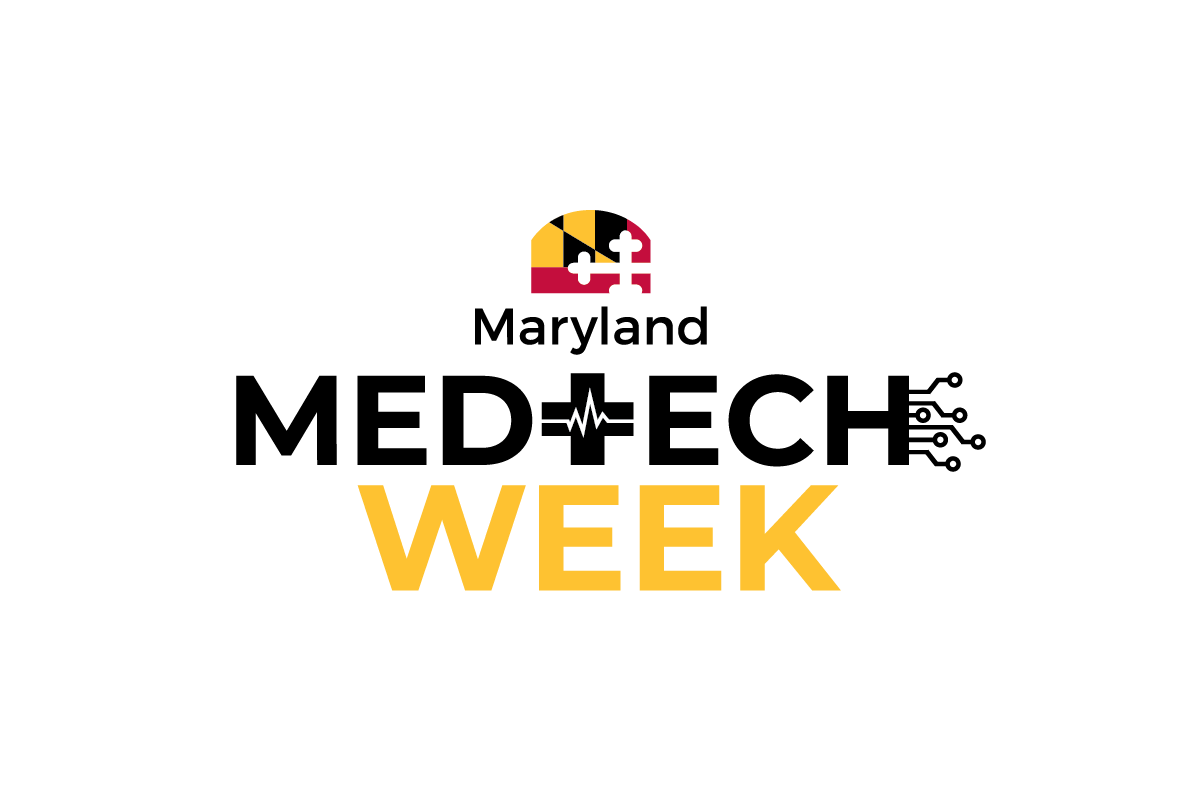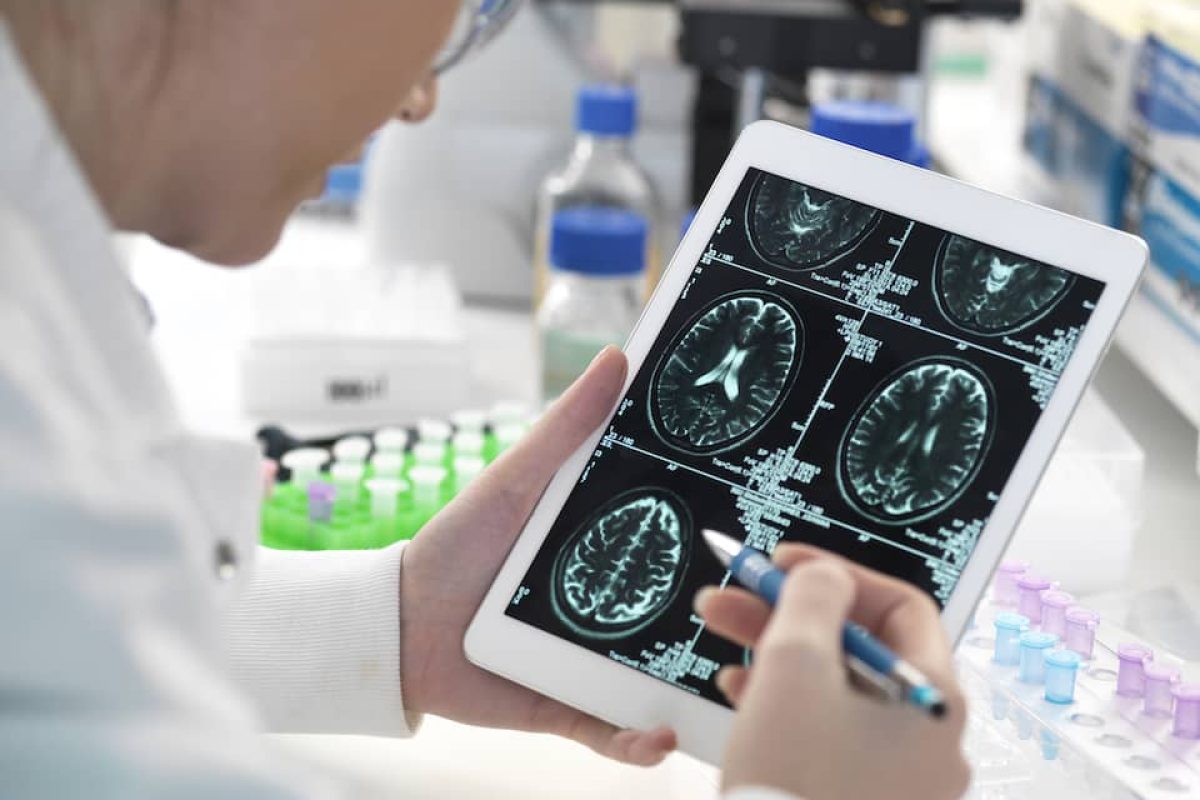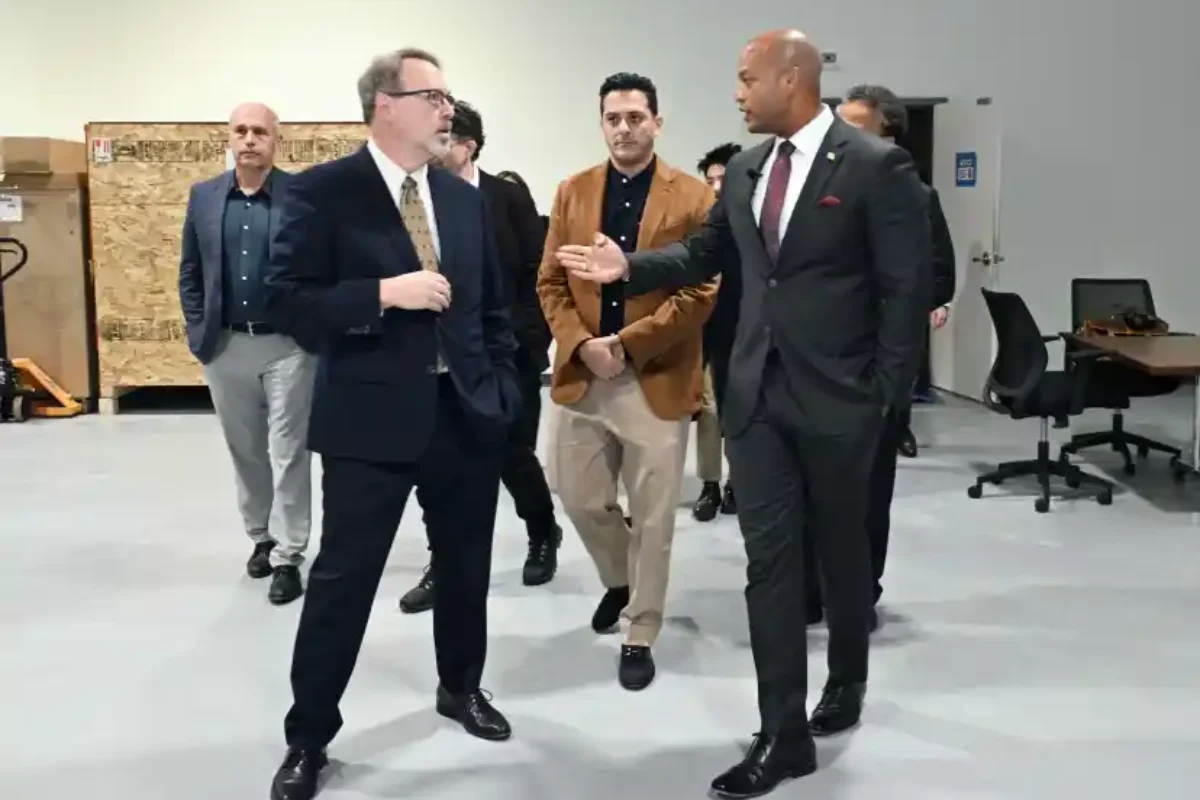NIH Blueprint MedTech Cohort 3 Seedling Awardees
Congratulations to our Blueprint MedTech Cohort 3 Seedling Awardees!
We are pleased to announce the seedling awardees selected from cohort 3 of the NIH Blueprint MedTech program which aims to accelerate patient access to groundbreaking, safe, and effective medical devices.
The seedling awards provide support for six months including a $10,000 stipend and $40,000 to hire subject matter experts. This award is for innovator teams whose applications have promise but are not ready for a full Blueprint MedTech program award. In addition, the Seedling program provides access to experienced mentors who will work with awardees to address prior reviewer identified gaps on the path to commercialization.
University of Arkansas – Institute for Integrative and Innovative Research; Fayetteville, AK
A Modular Sensory Neuroprosthetic System to Improve Mobility and Stability Following Lower-Limb Amputation Vagus or peripheral nerve stimulation. Lack of sensory feedback in current day lower-limb prostheses is a major factor that limits mobility, increases attentional demands, and increases the risk of falls. We propose to develop a neural-enabled prosthetic ankle-foot (NEP-AF) that uses a direct-neural interface to provide sensory feedback to lower limb prosthesis users.
NIH funding: NINDS
Cognitive Signals, Weill Cornell Medicine; Boston, NY
BrainTemp BTneo brain temperature monitoring system. Biomarkers. In the assessment of cognitive impairment, recovery and decline, current methods lack objective, quantitative physiological biomarkers. To address this need we have developed a platform to assess language processing, objectively, accurately and non-invasively, using the brain’s responses while listening to a story.
NIH funding: NINDS
DuraMax; Boston, MA
Limax Biosciences, Inc. Tissue engineering. Cerebrospinal fluid leaks impact up to 34% of 600,000 patients (USA) undergoing neurosurgery and increase healthcare costs $28,000/patient. DuraMax combines a bioadhesive with a hydrogel matrix that enables a leak-free, rapid, and sutureless approach to dural reconstruction and sealing thereby reducing surgical time and enhancing surgical outcomes.
NIH funding: NINDS
Johns Hopkins University School of Medicine, Johns Hopkins University Applied Physics Laboratory, and Longeviti Neuro Solutions, LLC; Baltimore, MD
ePACStim: A Phase-Dependent Neuromodulation Device for Treating Parkinson’s Disease. Neuromodulation, Parkinson’s Disease. ePACStim is a new type of partially implantable closed-loop neuromodulation system designed to help patients with Parkinson’s Disease. The system works by detecting electrophysiological biomarkers of motor symptoms in the brain and delivering stimulation to improve motor function with a less invasive approach than current neuromodulation systems for Parkinson’s disease.
NIH funding: NINDS
Exact Neuro LLC; Napa, CA
Exact Neuro (EN) NP1 implantable electrical stimulator. Vagus or peripheral nerve stimulation. Diabetic neuropathy causes pain and numbness from injury to peripheral nerves, and involves the central and autonomic nervous systems. It often results in debilitating pain and numbness in the lower and upper extremities, with no known cure. We propose applying peripheral nerve stimulation to manage the associated pain.
NIH funding: NINDS
AiM Medical Robotics Inc; Worcester, MA
MRI-Compatible Robotic Stereotactic Frame for Direct MR Image-Guided Neurostimulator Lead Placement. Robotic Surgery Parkinson’s Disease. Current neurosurgical treatment options are based on stale pre-operative images. They are limited in precision because they do not account for intra-operative motion within the brain anatomy relative to the skull. Using intraoperative MRI coupled with robotic precision guarantees that the intended anatomical targets in the brain are a hit.
NIH funding: NINDS
MyoStep; Houston, TX
University of Houston . Prosthetics/Robotic trainer Cerebral palsy. This project will design, develop, and validate (bench-testing and usability) a minimal viable product for a soft pediatric powered exosuit (MyoStep) for ankle gait diagnostics, assistance, and rehabilitation for children with CP (GMFCS Level III or below), who can stand, sit, and walk but have limited balance, speed, or coordination.
NIH funding: NINDS
Neuralenz Continuous and Noninvasive Cerebral Blood Flow Monitor; New York, NY
Neuralenz (Cornell Tech Startup). Near-infrared spectroscopy Traumatic Brain Injury. Neurologists routinely rely on continuous data obtained from invasive intracranial sensors to diagnose and manage interventions for neurocritical care patients (Hemedex perfusion, EVD/Parenchymal intracranial pressure, Licox oxygenation). Neuralenz is developing novel optical chips that non-invasively, quantitatively, and continuously measure cerebral blood flow as accurately and quantitatively as invasive devices.
NIH funding: NINDS
OSPM3: Opioid-free implantable hemostatic pain management system after oral surgery; Raleigh, NC
Rilento Pharma, LLC. Drug Delivery system, pain. Opioid prescriptions for management of pain after wisdom tooth extraction increased significantly from 2009 to 2015. It is well established that opioid prescriptions to teenagers/young adults contributes to development of substance use disorders. Overall prescription rates remain high. OSPM3 offers a non-opioid solution for pain management after oral surgery.
NIH funding: NINDS
PreVENT Pain (NIH HEAL Initiative); Woburn, MA
PneumoNIX Medical. Drug Delivery system, pain. Every year, millions of patients undergo surgeries resulting in debilitating post-operative pain. Pain severely impacts quality of life and many patients turn to highly-addictive opioids to manage. Our solution is a long-lasting non-opioid analgesic hydrogel material that is injected into the surgical site intra-procedurally to reduce post-operative pain.
NIH funding: NINDS
UNC (Biomedical Engineering); Chapel Hill, NC
Real-time levodopa monitor. Parkinson’s Disease. Current clinicians and patients with Parkinson’s disease (PD) have no quantitative feedback of active levodopa levels, inherently limiting the ability to develop individualized therapy. Our group proposes the development of a real-time, in vivo levodopa monitor, allowing patients and clinicians to have real time feedback of subcutaneous levodopa levels.
NIH funding: NINDS
Johns Hopkins University School of Medicine; Baltimore, MD
Reducing opioid use disorder through anesthetic sutures for post-operative pain management. Drug Delivery system, pain. Only 25% of surgical patients achieve acute pain relief, leading to chronic pain in 10% of patients. Post-operative opioid use is a major cause of the opioid epidemic. We engineered novel, nano-structured, anesthetic-eluting sutures to effectively treat surgical, incision-based pain and hyperalgesia to mitigate opioid prescribing and abuse.
NIH funding: NINDS
ReMiDe; Duarte, CA
Beckman Research Institute of the City of Hope. Robotic Surgery, Brain Tumor. A minimally invasive neurosurgical device that can remove brain mass lesions, such as hematomas and tumors, through a small (< 1 cm diameter) skull opening. Furthermore, the device will enable the delivery of therapeutic cells (CAR T and stem cells) or macromolecules (nanoparticles) directly into the brain. Name
NIH funding: NINDS
George Mason University; Fairfax, VA
Sonomyographic Upper Limb Prosthetics. Prosthetics, Amputation. Available prosthetic solutions for upper limb amputees continue to be dissatisfactory. A long-standing challenge is the inability to reliably infer the user’s intent without additional surgical intervention. We propose to translate a novel sonomyographic prosthetic system, a promising advance over the current state-of-the-art, to a take-home ready prototype.
NIH funding: NCMRR
CF Neuromedics Inc.; Storrs Mansfield, CT
The SmartStim device to “cure” chronic pain. Electronic Implant, Pain. Chronic pain, a major medical challenge, is characterized by sensitization in the central nervous system, often triggered by sensitized peripheral C-fiber nociceptors. Our objective is to “cure” chronic pain by blocking sensitized C-fiber nociceptors through proprietary electrical stimulation of the dorsal root ganglion (DRG) in combination with FDA-approved pharmacological treatment.
NIH funding: NINDS
West Virginia University; Morgantown, WV
Ultra-prosthetics for closed-loop control of articulated powered limbs. Prosthetics, Amputation. Limb amputations modify body structures and functions, and current prosthetic solutions are limited for above the knee amputees. We propose to develop a prosthetic leg system with intuitive intentional control and sensory feedback using bi-directional implanted interfaces for neural and mechanical systems.
NIH funding: NCMRR
Stanford University; Stanford, CA
Ultrasonic glymphatic induction to treat subarachnoid hemorrhage. Focused ultrasound, Subarachnoid hemorrhage. Subarachnoid hemorrhage (SAH) injures the brain partly by clogging its waste outflow. We can noninvasively clear blood from the brain using ultrasound in a mouse SAH model. We propose to design, build, and test a prototype ultrasound device to enable this approach in a follow-on first-in-human trial prior to commercialization.
NIH funding: NINDS
BrainStem Biometrics Inc.; Lincoln, MA
Wearable Brainstem Function Monitor to Evaluate Progression of TBI. Wearables, Traumatic Brain Injury. Traumatic brainstem injury impairs primal survival, yet today we have no way to directly measure brainstem activity continuously at the bedside. Our simple non-invasive wearable sensor patch may be used to measure nano-neurosignals emanating directly from the brainstem to help physicians monitor progression of injury and better manage TBI patients.
NIH funding: NINDS
North Carolina State University, MyoMech, Inc., and Human in Motion Robotics; Cary,NC
Wearable Stimulation and Sensing System for Muscle Aware Hybrid Exoskeleton Assistance. Functional electrical stimulation, Spinal cord injury. Current robotic gait training paradigms for people with neurologically caused mobility impairments overlook muscle signals while determining assistance, leaving a large gap in improving patient engagement and delivering muscle-specific therapy. We propose a wearable garment with embedded ultrasound and electromyography sensors and electrical stimulation electrodes to enable muscle-aware robotic training
NIH funding: NINDS
These awards aims to provide the training and mentoring necessary to further refine product profiles, regulatory and reimbursement strategies to strengthen subsequent applications to the NIH Blueprint MedTech program or other translational funding programs in the future.
To learn more about the Blueprint Medtech program and subsequent cycles please visit blueprintneurotech.org.
*This project has been funded by grant #U54EB033664.






